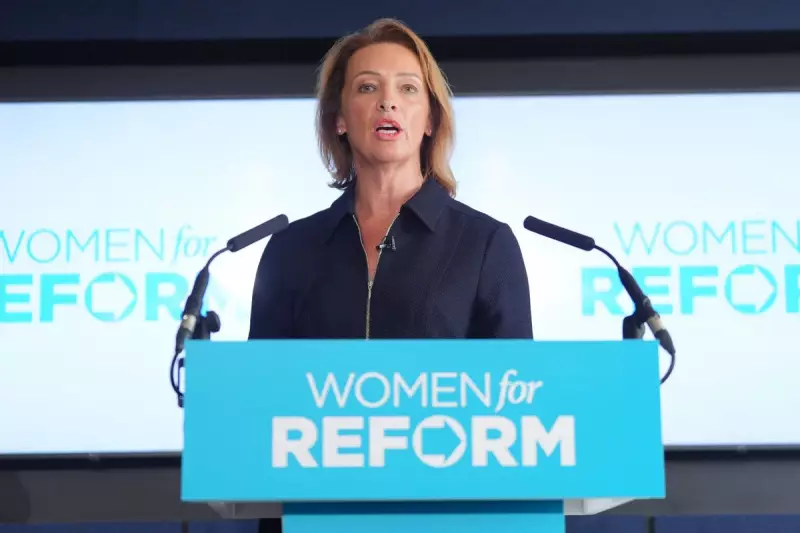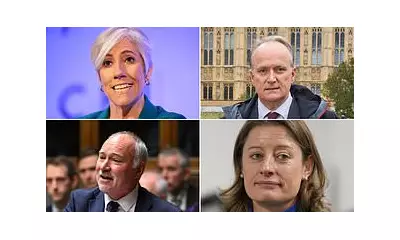
A recent diversity advertising campaign has become the centre of a heated national conversation, raising difficult questions about whether well-intentioned inclusion efforts are achieving their goals or creating unexpected divisions.
The campaign featuring Sarah Pochin has drawn accusations of racism from some quarters, while others defend it as a necessary step toward greater representation. This controversy highlights the increasingly complex landscape of diversity initiatives in contemporary Britain.
The Fine Line Between Inclusion and Exclusion
Critics argue that some modern diversity campaigns, while aiming to champion underrepresented groups, sometimes employ methods that inadvertently alienate others. The Pochin advertisement has become a flashpoint in this ongoing discussion, with detractors claiming it crosses the line from promoting equality to what they perceive as reverse discrimination.
Supporters counter that challenging established norms inevitably creates discomfort, and that such campaigns are essential for progressing toward a more equitable society. They maintain that the backlash itself demonstrates why these initiatives remain necessary.
Britain's Evolving Conversation About Representation
This incident reflects broader tensions within British society regarding how we approach diversity in public life and advertising. As organisations increasingly prioritise inclusion, the methods they employ are coming under greater scrutiny from all sides of the political spectrum.
The debate touches on fundamental questions about what constitutes genuine inclusion versus what some critics dismiss as performative 'wokeness'. These discussions are becoming increasingly polarised, with little common ground between opposing viewpoints.
The Future of Diversity Initiatives
As this controversy demonstrates, there are no easy answers in the complex landscape of modern identity politics. What seems progressive to some can appear divisive to others, leaving organisations walking a tightrope between championing inclusion and avoiding accusations of exclusion.
The conversation sparked by this campaign is likely to continue as British society grapples with how to build a truly inclusive environment while respecting different perspectives on how to achieve this goal.





